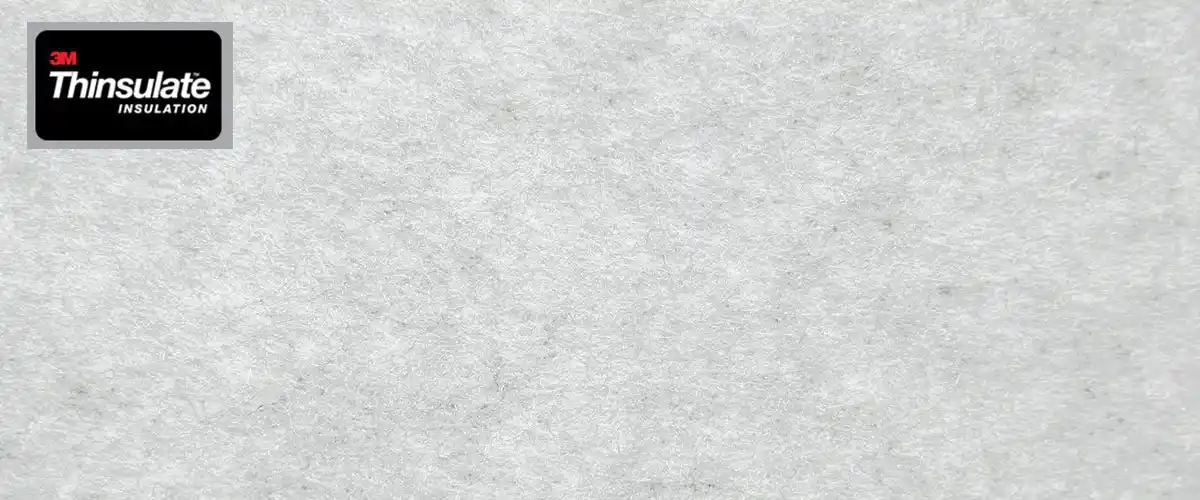

Thinsulate™ insulation material is made from microfibers that are less than one-tenth the diameter of a human hair. The structure of the fibers creates small air pockets that prevent heat from escaping the hands. Thinsulate allows moisture vapor to pass through, helping to keep hands dry. The insulation is soft and flexible, and it retains its warmth even when exposed to rain or water.
Thermal Insulation: Traps heat effectively, keeping hands warm even in freezing temperatures.
Lightweight: Provides excellent insulation without adding significant bulk, ensuring dexterity.
Breathability: Allows moisture to escape, keeping hands dry and comfortable during extended use.
Moisture Resistance: Resists water absorption, maintaining warmth even when exposed to damp conditions.
Durability: Retains insulating properties over time and through repeated use.
Heat Resistance: Not designed for high-temperature environments, as it melts under intense heat.
Cost: Higher quality comes at a premium price compared to standard insulation materials.
Environmental Impact: Being a synthetic material, Thinsulate™ is not biodegradable.
Winter Gloves: Ensures warmth and comfort for outdoor activities such as skiing, hiking, or winter sports.
Work Gloves: Used in industrial and construction gloves for cold environments, maintaining flexibility and warmth.
Casual Gloves: Popular in fashion and everyday gloves for cold climates.
Spandex
Tuffalene®